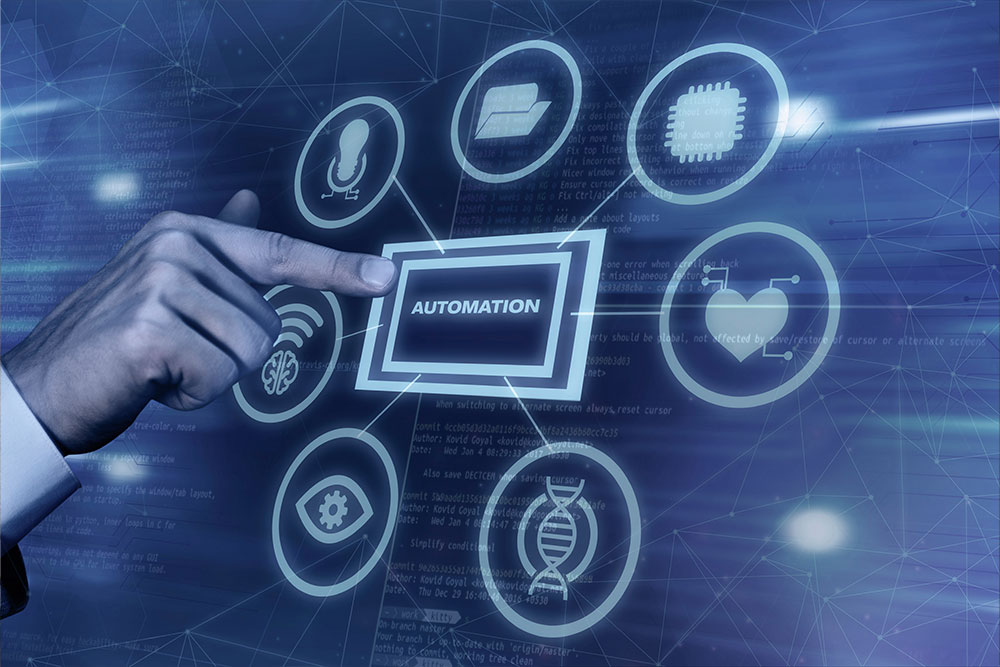
Automate Data Entry by Artificial Intelligence
Efficient management of data has never been more important in this fast-moving world of data-driven decisions. The requirement for innovation in data entry which is ordinarily one of the most labor-intensive and error-prone processes is remarkable.
Artificial intelligence brings in a new way to automate data entry, offering a number of benefits in terms of efficiency, accuracy, and cost savings. This blog explains how AI is changing data entry processes, the technologies involved, and the advantages of adopting AI-driven solutions.
The Role of AI in Data Entry Automation
Key AI Technologies for Data Entry Automation
1. Optical Character Recognition (OCR)
2. Natural Language Processing (NLP)
AI can analyze large data sets for unusual patterns and anomalies that may indicate fraud. Besides, AI can make sure compliance is met by continual monitoring of transactions and flagging discrepancies.
3. Machine Learning Algorithms
Advantages of AI-Driven Automation of Data Entry
With the help of AI, systems are now able to automate end-to-end processes of invoice processing—from extraction of data to validation through to payment. It reduces time and assures accuracy in the financial records.
1. More Efficiency
AI-driven automation of data entry drastically increases the speed at which it is done. AI systems can process large volumes of data within a very short period compared to a human operator. Such improved efficiency helps organizations to process more data within a shorter period, thereby improving their decision-making and responsiveness.
2. Higher Accuracy
3. Cost Savings
Certainly one of the major benefits of automated data entry is cost savings. Primarily, since people will not have to do manual entry work, operational costs will be reduced. Moreover, enhanced efficiency and accuracy of AI-driven data entry reduce errors and rework-related costs. This investment in AI technology over some time would yield considerable financial benefits.
4. Better Data Security
AI algorithms can process large amounts of data with great speed and accuracy and hence they remove the possibility of human errors that commonly occur in manual processes. This improves reliability in financial records and reports.
